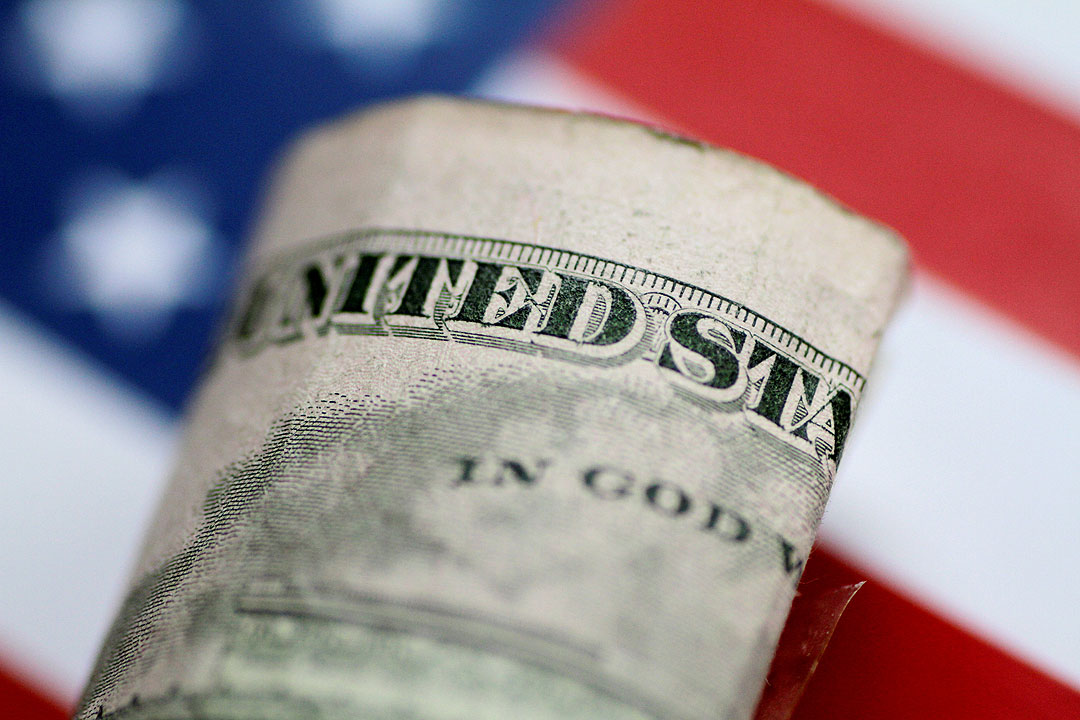




January Economic Update: Growth slows, prices rise
 DOWNLOAD
DOWNLOAD

Inflation Update: Up, up, and away?
 DOWNLOAD
DOWNLOAD

Quarterly Economic Growth Release: Growth takes on a slower pace
 DOWNLOAD
DOWNLOAD


Trillion dollars in cash key to future FX movement

Oct 6 – According to Bank of America research investors have ploughed USD 1 trillion into cash this year. BofA described the mindset as “cautious” and “paid to wait”.
The wait may be over with the end of the US tightening cycle likely to spur a shift away from cash into other assets that will have a big influence on currencies.
If the next move in interest rates is to be the cut that futures suggest, the obvious purchase for investors may be equities, but they are not cheap.
In contrast bonds look cheap with drops technically oversold by almost every measure and with 10-year US debt yielding almost 5% bonds may attract more investors.
Bonds are certainly more attractive than they were when they were sitting at the peaks of a multi-year uptrend with negligible yields. Yet, even then they still drew a lot of investors with a typical portfolio weighted 60% stocks and 40% bonds.
After the recent sharp drop which may be the blow-out of positions that often occurs at the end of big moves, bonds are cheaper.
Should portfolios return to their traditional weightings, a lot cash may head away from the safety of the dollar that’s soared during the rout in bond markets.
If current investments in cash are as overcrowded as they seem to be, investors may not just look for better returns, but also seek to spread their risk away from cash and dollars – underpinning other currencies with similar yields like euro, pound, Canadian and New Zealand dollars.
The more adventurous investors become in the aftermath of the tightening cycle, the greater the appeal of riskier currencies with yields higher than dollar will become – underpinning freely floating currencies like Mexico’s peso, South African rand, Polish zloty, Hungarian forint and Czech crown.
Others that don’t move much like Hong Kong dollar and India’s rupee may also appeal.
They may eventually embrace currencies that don’t float freely but have attractive interest rates like Brazil’s real, Indonesian rupiah and S Korean won. Even Turkey’s ultra-high yield lira could make a comeback.
(Jeremy Boulton is a Reuters market analyst. The views expressed are his own)
This article originally appeared on reuters.com





 By Reuters
By Reuters